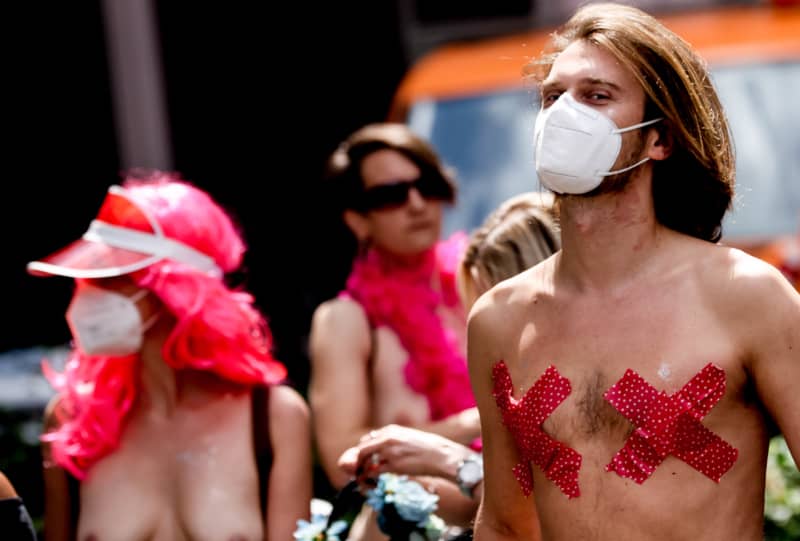
Social media giant Meta was reprimanded for its nudity rules, and now Instagram and Facebook are considering loosening them. According to the media studies professor, strict censorship violates people’s freedom of expression.
Naked bodies may soon be seen more freely on Instagram and Facebook.
In January, the supervisory board of Meta, the parent company of Instagram and Facebook, issued a recommendation that Meta should change its policy on nudity. For example, Facebook and Instagram’s rules allow pictures of topless men, but not women. Exceptions are images related to mastectomy, breastfeeding or political protest.
Meta’s nudity rules limit the self-expression of women, trans people and transgender people, the board says in its decision. According to the board, the nudity rules of Facebook and Instagram violate human rights and do not take into account, for example, transgender people.
The board urges Meta to change its rules so that they respect human rights and treat all people equally.
\”It’s pretty funny if a naked body is always obscene\”
– If you think about artistic expression, for example, it’s pretty funny if a naked body is always obscene. It’s absurd.
It is still unclear how the board’s decision will practically change the practices of Facebook and Instagram. Nudity may be seen more than before, but straight porn will hardly be allowed in the future, says Paasonen.
The situation is complicated by the fact that most of the content is moderated with the help of artificial intelligence – the masses of data are too large to be checked by human eyes.
– The algorithms have been trained to specifically recognize \”female nipples\ says Paasonen.
The end result can be absurd. For example, works of art with naked bodies have been removed from Instagram and Facebook, even if the works are not erotic in themselves.
It’s also not always clear to the algorithm who is a man and who is a woman – for example, in a situation where a transgender person changes their gender and undergoes breast surgery. The board’s decision was based on a case where photos of a trans person were removed from Instagram.
– If there is still fat on the breasts, then the picture is indecent, but if there is a little less fat and more hair, then it is perfectly fine. This shows that these standards are not entirely reasonable.
In practice, artificial intelligence should therefore be trained to recognize sexual content in a way other than what the bare nipples are on the body.
The rules limit fundamental rights
According to Paasonen, the content standards of social media have become stricter in the last ten years: sexuality is not tolerated as much as before.
According to Paasonen, the strict rules of some giants limit people’s sexual rights. Sexual rights are rights defined by international health organizations, according to which people have the right, among other things, to realize and express their sexuality as they wish, and the right to be seen and heard without fear of discrimination or violence.
They want to clean out sexuality in social media, because it can annoy advertisers and some users.
– But that is not a reason to limit someone else’s rights, Paasonen says.
According to Paasonen, the restriction of sexual content usually hits sexual and gender minorities the hardest: social media communities are especially important to them, but at the same time their bodies are censored more strictly than others.
At the same time, social media has become a new \”public store\”: a place where people gather to spend time with each other, maintain social relationships and express themselves.
That’s why it doesn’t really matter how much commercial social giants are allowed to limit people’s behavior, says Paasonen.
– It’s about the principle: whether social media companies can decide how we connect with each other.
*You can discuss the topic on 29.1. until 11 p.m.*
